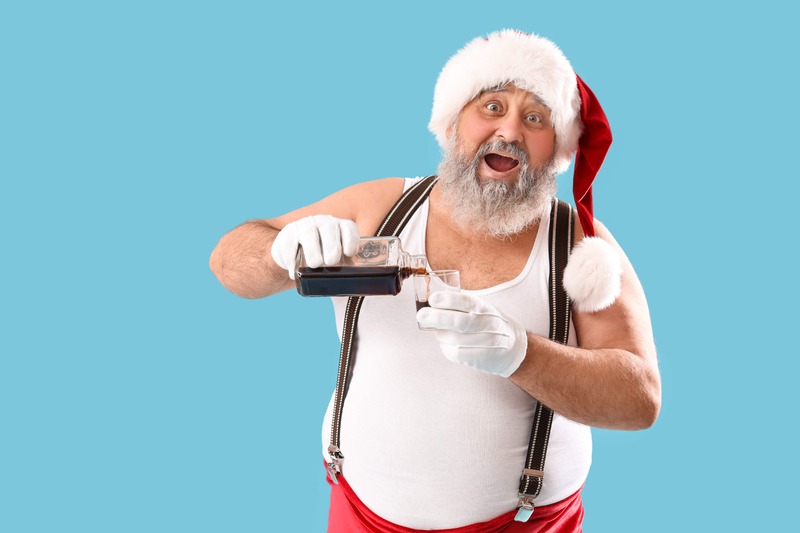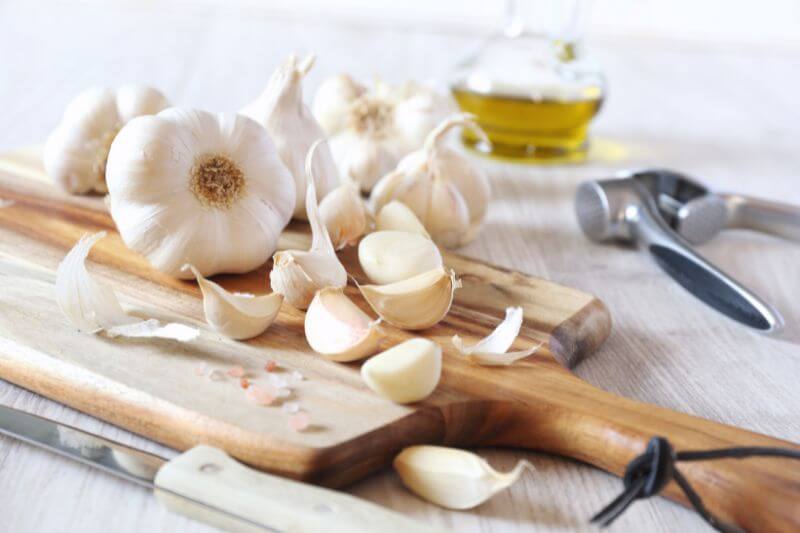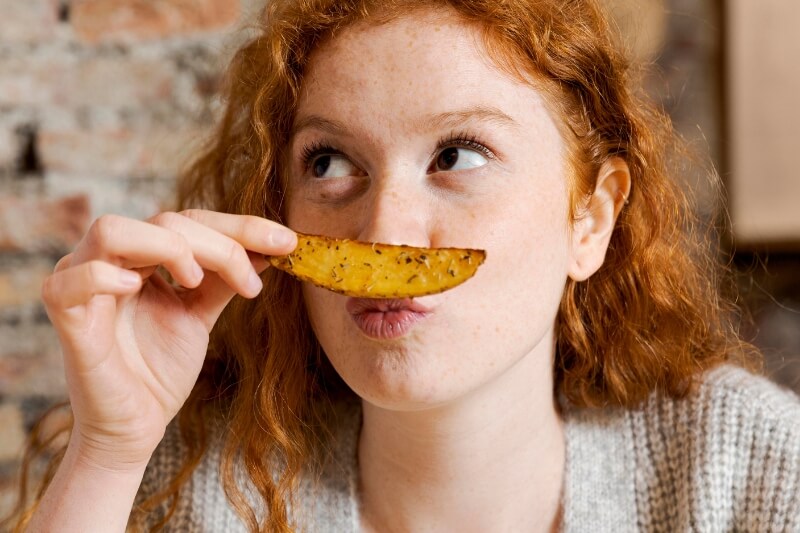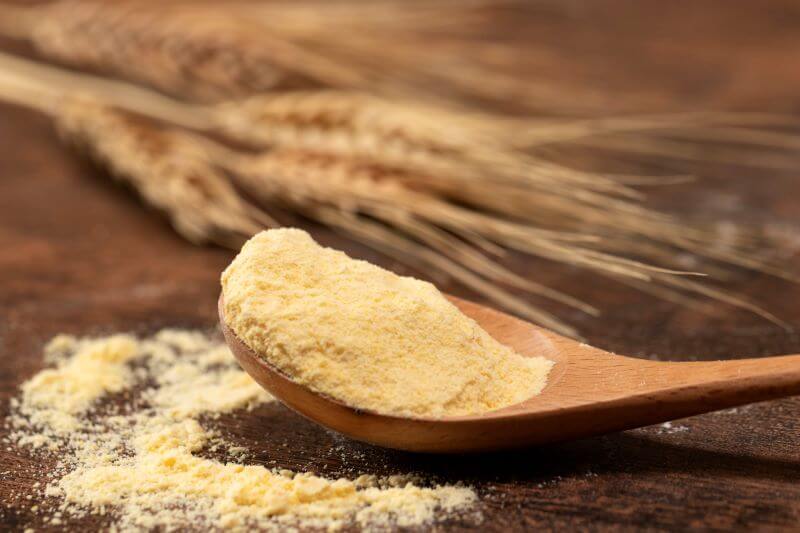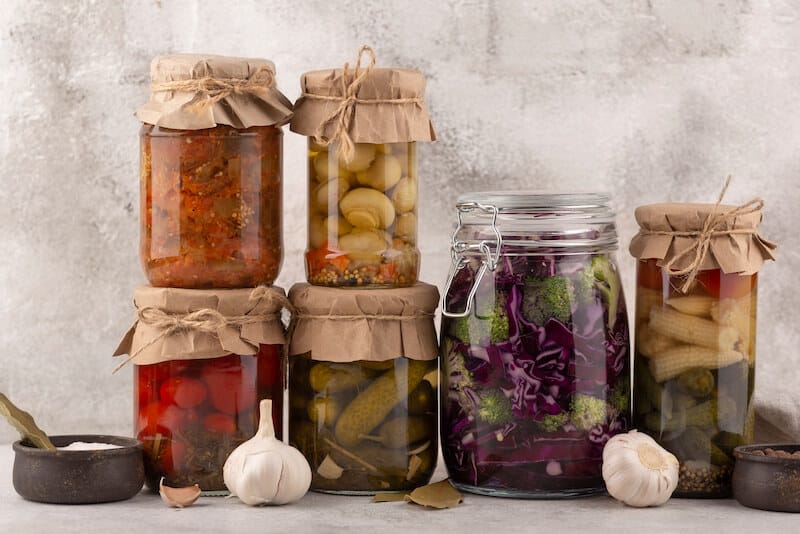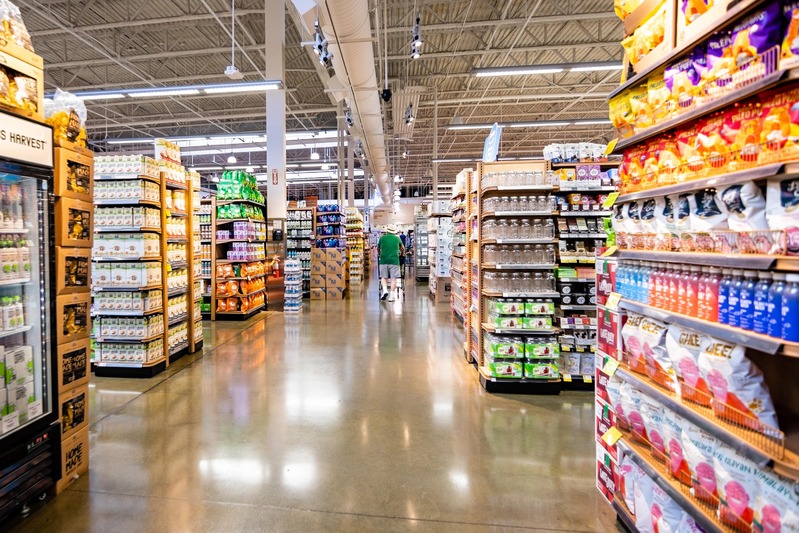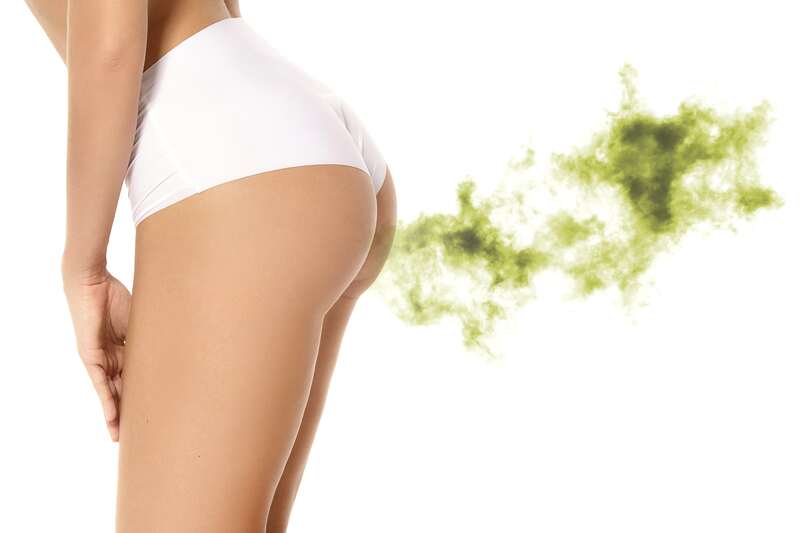The holiday season is a time for warmth and joy, but it often leads to overindulgence. While celebratory drinks like champagne, cocktails, and wine accompany our festive meals, they can also impact our waistlines. So, why does alcohol contribute to weight gain? Here’s a breakdown along with tips for navigating the festivities more mindfully.
Nearly 40% of French people find drinking alcohol during celebrations to be “essential,” according to an Opinion Way survey. © Adobe Stock
When discussing alcohol, most people immediately think of its influence on mood and social situations. However, few consider that alcohol is highly caloric. Every gram of pure alcohol contains around 7 kcal (kilocalories), which is nearly as high as fat (9 kcal/g) and significantly more than carbohydrates or proteins (4 kcal/g).
Understanding Alcohol Calories: The Concept of “Empty Calories”
Alcohol is made up of what are termed “empty calories,” as they provide no essential nutrients (vitamins, minerals, fiber, etc.). In simpler terms, these calories add to your daily caloric intake without offering any nutritional benefits, due to a lack of nutrients and fiber. Additionally, many alcoholic beverages contain sugars:
- Red and white wine: 120 to 150 kcal for a 150 ml glass.
- Champagne: 80 to 90 kcal for a flute, but be cautious with champagne-based cocktails.
- Sugary cocktails: Drinks like Mojitos, Piña Coladas, or Margaritas can have 200 to 300 kcal per serving, or more.
- Beer: 150 to 250 kcal for a pint, depending on the alcohol content and type (lager, stout, IPA).
- Spirits and liqueurs: Vodka, rum, or whiskey average about 240 kcal per 100 ml, with sweet liqueurs (like Baileys or Amaretto) often going much higher.
Snacks enjoyed during drinks (like chips, nuts, or toasts) significantly increase calorie counts.
Metabolism and Alcohol: Why Are These Calories Stored?
A Double Impact on Weight Gain
Upon consuming alcohol, the liver prioritizes its metabolism to eliminate toxic substances present. This process requires energy from the body, which in turn slows the digestion of other nutrients, like fats and sugars, resulting in their easier storage.
- Fat Storage: By prioritizing alcohol elimination, the body tends to store lipids from food consumed alongside it. This means if you’re snacking on rich appetizers like cured meats or cheeses, the impact is heightened.
- Glucose and Insulin: Alcohol disrupts blood sugar regulation, which can contribute to weight gain. Certain drinks high in fast sugars exacerbate this, such as cocktails and liqueurs.
Body Effects: Beyond Weight Gain
Alcohol does more than just add calories; it also affects overall body functioning in subtle ways. For instance, it acts as a diuretic, leading to loss of water and essential minerals. This often results in feeling fatigued after a night of drinking, which can trigger cravings for snacks.
Additionally, the liver, responsible for alcohol digestion, gets overwhelmed, losing its ability to effectively manage fat, thus promoting storage. Moreover, excess alcohol can disrupt your gut microbiome and slow digestion, potentially causing bloating, weight gain, and even long-term metabolic issues.
Enjoying the Festivities Without Gaining Weight
Make Smart Drink Choices: Opt for lighter options like a flute of champagne or a glass of dry red wine, which are lower in calories compared to sweet cocktails or beer.
Alternate Between Alcohol and Water: After each alcoholic drink, have a glass of water. This helps keep you hydrated and naturally reduces your alcohol consumption.
Choose Healthier Snacks: Swap out salty snacks like chips for veggies or balanced bites. They’re lighter but pair well with your beverages.
Try Non-Alcohol Options: Mocktails or flavored sparkling waters can be festive and significantly lower in calories, allowing you to avoid the side effects of alcohol while still enjoying the moment.
Reduce Calories During Meals: You don’t need to fill your glass to the brim to toast. Half a glass is enough to enjoy. Also, be mindful during appetizers and desserts.
Restore Balance After the Holidays: If you’ve indulged, focus on lighter meals in the days following. Opt for fresh vegetables, lean proteins, and avoid sugary drinks to help your body recover smoothly.
The holiday season is a time to indulge, but being aware of alcohol’s effects on your body is key. It’s entirely possible to enjoy festive drinks without compromising your health or physique. And don’t forget to take a break from alcohol after the celebrations!
IMPORTANT TO NOTE
According to Drinkaware, nearly two-thirds of individuals plan to drink more than usual during the Christmas season. This tendency is particularly noticeable among those aged 18-34, with this figure rising to three-quarters. Furthermore, over half of adults (57%) admit to drinking excessively on Christmas Day.

